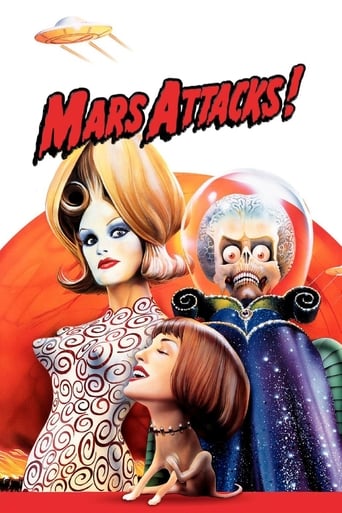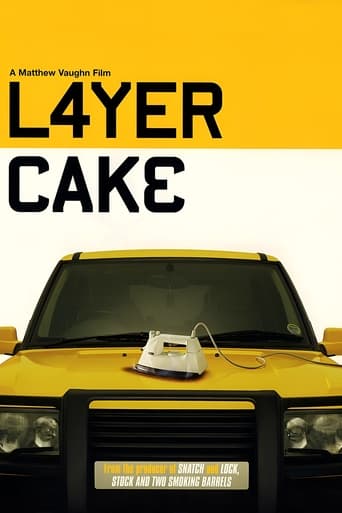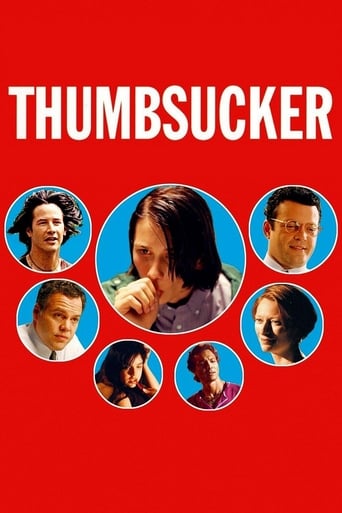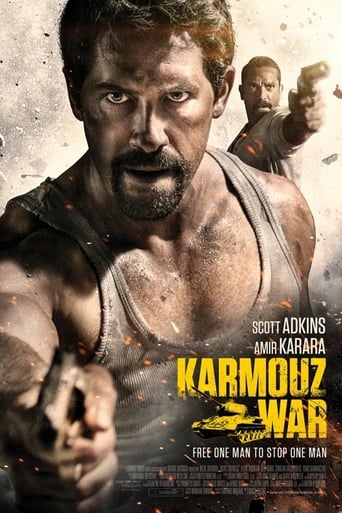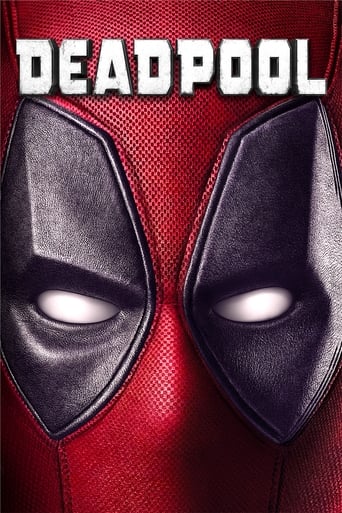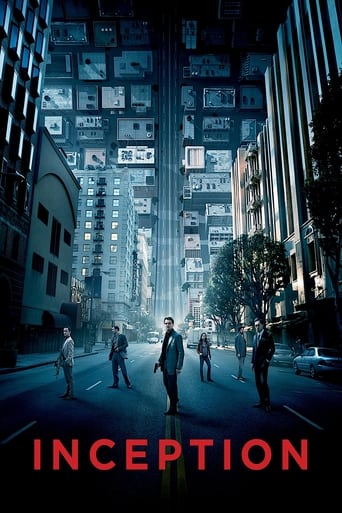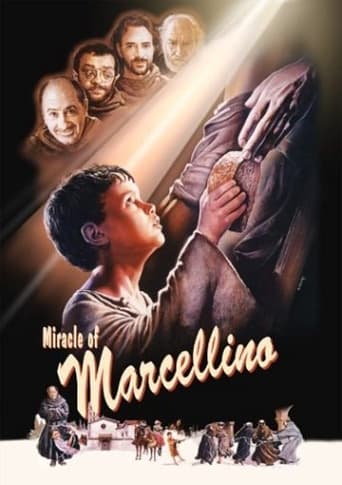


Miracle of Marcellino
In the 15th century, in a poor Italian village, the monks of a modest convent take up an abandoned baby. Unfortunately, for all their efforts, they prove unable to trace his parents. So they set up providing tender loving care to the little boy. Marcellino lives a happy life among the men of God but, as he grows up, he misses his mother more and more.
-
- Cast:
- Alberto Cracco , Didier Bénureau , Sergio Bini Bustric , Fernando Fernán Gómez , Ernesto Lama , Thierry Nenez , Lucio Romero


Reviews
Don't listen to the negative reviews
One of the most extraordinary films you will see this year. Take that as you want.
The best films of this genre always show a path and provide a takeaway for being a better person.
The story, direction, characters, and writing/dialogue is akin to taking a tranquilizer shot to the neck, but everything else was so well done.
it was the first version of Marcellino's story that I saw. and the memories about it are , after two decades, fresh and touching as a form of definition of "my Marcelino". after two decades, I saw again. and the emotion was not different by the first view.more significant, after the meeting with the versions from 1991 and 2010, the film of Luigi Comencini is, in same measure, impressive and convincing and seductive. not for great performances but for few memorable scenes. for a lot of details, for atmosphere, for the period, for the extracting of nails of Christ's hands, for the life in the castle who remands Heidi, for a sort of nostalgia who defines the first scenes. sure, a generous story easily impress the public. but this remake has little more than the original story flavor.maybe because it is an inspired exercise to rediscover the Medieval original. maybe because its drama is more convincing than the simplicity of the version from 1955. maybe for the scene of Nativity celebration as basis for the dramatic meeting of the end.
In the mid 1950s, a Hungarian/Spanish director Ladislao Vajda made a movie that still touches the hearts of many viewers around the world. The story of the little boy Marcellino who lost his mother and became a pure, simple but devoted friend of Crucified Jesus appears to be unreal for many, perhaps; yet much in need for lots of people who cherish simplicity and spirituality in art that cinema is. However, the black and white Spanish classic has occurred dated to be shown to kids and, in the early 1990s, the Italian director Luigi Comencini remade it. As comparison does not work due to two individual interpretations of the directors, I do not aim at saying which version is better and why. In my comment, I would like to concentrate on some strong points of this remake since the general impression of yours after seeing the film will surely be "a decent drama."Firstly, since this is the story of a little boy, the film is accurately addressed to children and youngsters. The "in media res" beginning that shows us the group of young tourists who visit the monastery where Marcellino lived gives us a clue to "universality" of a short but beautiful life. These kids, in a sense, are struck by the simplicity of the events, by the uniqueness of the place. The flowers placed by a little girl resemble gratitude. This clear address to youngsters is also proved by very fine scenes some of which I would like to highlight. Consider, for instance, the witty moments with disappearing slices of bread or Marcellino trying to make friend with a spoiled boy from count's palace. I also loved the scene when people see little baby Marcellino in the stable on Christmas night. Although the story is pretty sad, these childlike moments make it a perfect movie for kids and young people.Secondly, the whole movie gives us a nice insight into the monastic life, its sacrifice, its piety, its prayer, work and brotherly love. That is what we experience, what we get to know with little Marcellino from the memorable moment of his baptism to the final moment of his parting. This piety and simplicity of the life it shows is intensely combined with the entire spirit of the movie. Music, atmosphere, some moments, including the "burning" of the monastery lead us to a specific but profound world of humble brothers. At the same time, it gives us an accurate interpretation of the times developed.Thirdly, the film conveys the precious message I have mentioned in many of my other comments on various spiritual movies. It is a film we are in need in our times, a film that, despite its lack of fun, gives us joy; despite its lack of realism, gives us faith; despite its lack of great celebrities, gives us authenticity. Like it was the case with the 1955 movie, you watch this story of a little, unnoticed Marcellino and you cry with him and laugh with him. So to say, a viewer young or old feels like a pure, unexperienced, honest child.Here, a profound reflection arises: what really makes us feel young. People attempt at looking young but what happens inside is a different story. This film appears to give the answer...simplicity of heart similarly to Marcellino. The most touching scene in this movie, for me, was when Marcellino talks to Crucified Jesus and gives him bread. But, before seeing it, try to put aside all sense of spiritual gravity, all sense of earthly logic. Try to see it with an unexperienced "childish" heart and you will see that this is a film about a boy and the dearest Friend anyone can ever have. See it, show it to kids, try to be overwhelmed by the miraculous spirit it promotes. No great performances, no stunning cinematography, just a movie, just a story but...what a story!
36 years later... And I have not seen the original film. But is for this that I can comment this film, because I don't have prejudices to value it, I don't compare this film with the original film. The way to say the story and to shape the characters it's made with sensitivity and delicacy. Describes the costumes of a time without many colours, but in exchange it has a variety of situations superior that we can think in a monastery. The interpretation of Fernán Gómez is very appropriate, with the knowledge of piety and rectitude interpretation. The story is full of humour touch, but all is covered with a mist of sadness, with an ecstasy at the end. The music responds perfectly to the ambient, creating a religious and calm atmosphere, except in the end, only moment with a great chorus. The costumes and setting are phenomenal because many films made with more money gain the truth less than this film. It's worthy to see it, and, then, judge by yourself.
Poor remake of the masterpiece of Ladislao Vajda, with the poetry of the original convert in a style like a mini-series of qualite. Only the good performances of old actors have interest, but the movie don't have interest in contrast with it's original.

